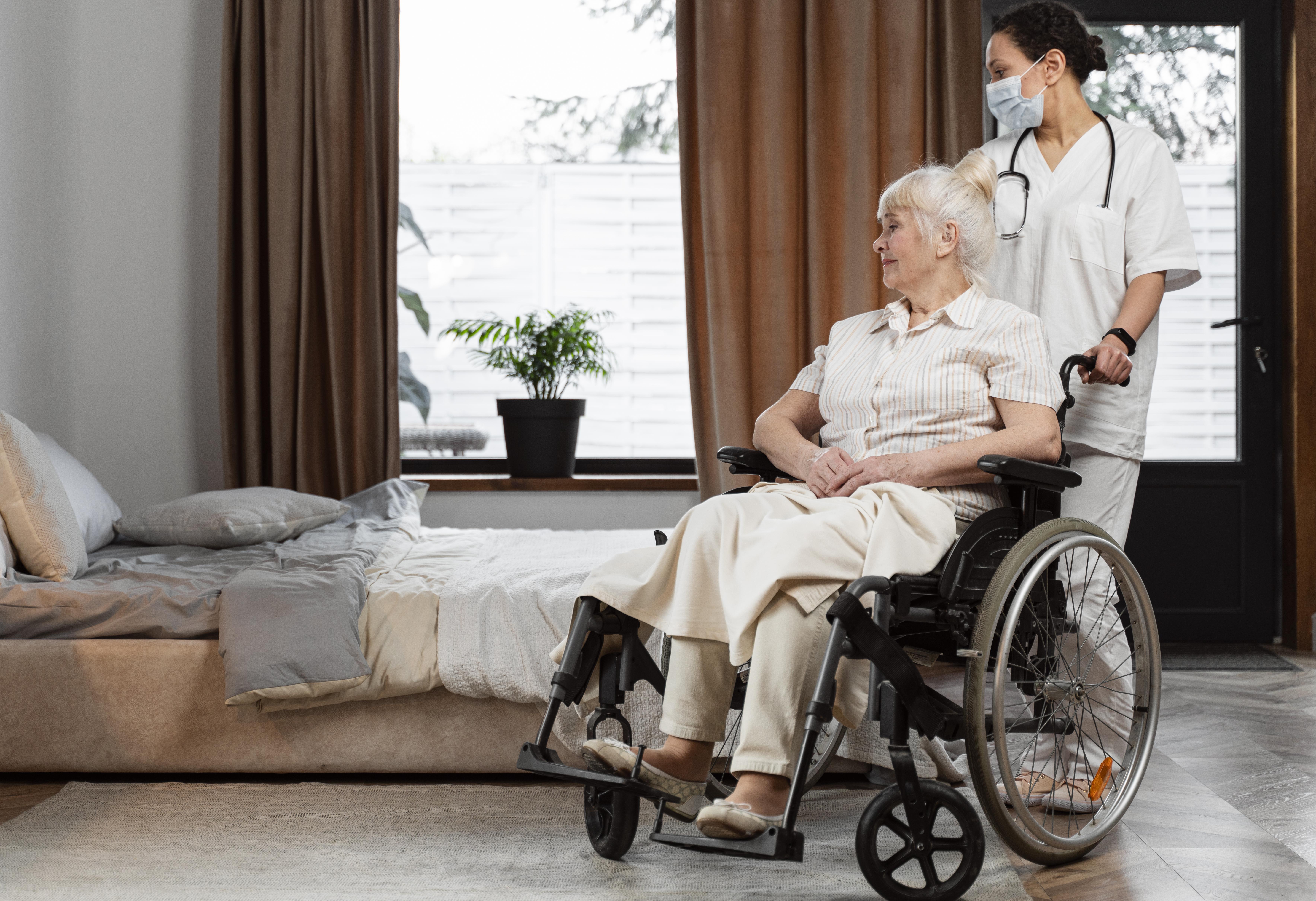NDIS Housing in Australia: A Clear and Simple Overview

The National Disability Insurance Scheme (NDIS) has reshaped disability support in Australia by creating better opportunities for independent and safe living. One of its key offerings is NDIS housing, designed to support people with significant disability-related needs through accessible and well-structured living environments.
What Is NDIS Housing?
NDIS housing mainly refers to Specialist Disability Accommodation (SDA) — purpose-built homes designed for participants with extreme functional impairment or very high support needs. These homes include advanced accessibility features such as wide hallways, wheelchair-friendly layouts, reinforced walls, height-adjustable benches, smart-home technology, and safe emergency exits. SDA focuses on the physical home, not the personal support services provided within it.
Alongside SDA, participants can also receive Supported Independent Living (SIL) or Individualised Living Options (ILO). These supports help with daily activities like personal care, meal preparation, household tasks, and community participation. While SDA is about the building, SIL and ILO focus on the supports delivered inside any home.
Who Qualifies for NDIS Housing?
Eligibility for SDA is limited to NDIS participants with the highest support needs. The NDIS evaluates eligibility through detailed assessments, considering a person’s functional limitations, risks, and long-term living goals. Even if someone is not eligible for SDA, they may still access other supports such as SIL, ILO, Home Modifications, or Assistive Technology, enabling more independence within their existing home.
Types of NDIS Housing
NDIS housing includes several categories to suit different requirements:
-
SDA – Specialist Disability Accommodation: High-support homes built to strict NDIS design standards.
-
SIL Homes: Any home where participants receive daily living support.
-
ILO Arrangements: Flexible living options tailored to individual preferences, such as living alone, with a host, or with chosen housemates.
These options ensure that participants can choose a living setup that aligns with their lifestyle, goals, and comfort.
Benefits of NDIS Housing
NDIS housing provides participants with:
-
Greater independence and autonomy
-
A safe and accessible living space
-
Better delivery of personal supports
-
A stronger sense of confidence and dignity
-
Improved quality of life through personalised living environments
Final Thoughts
NDIS housing in Australia empowers people with disabilities to live with freedom, safety, and choice. By offering well-designed homes and flexible support options, the NDIS ensures that participants can enjoy a comfortable, meaningful, and independent life. If you want, I can also prepare an SEO-optimised version with keywords and meta descriptions for your website.
- Art
- Causes
- Crafts
- Dance
- Drinks
- Film
- Fitness
- Food
- Giochi
- Gardening
- Health
- Home
- Literature
- Music
- Networking
- Altre informazioni
- Party
- Religion
- Shopping
- Sports
- Theater
- Wellness


